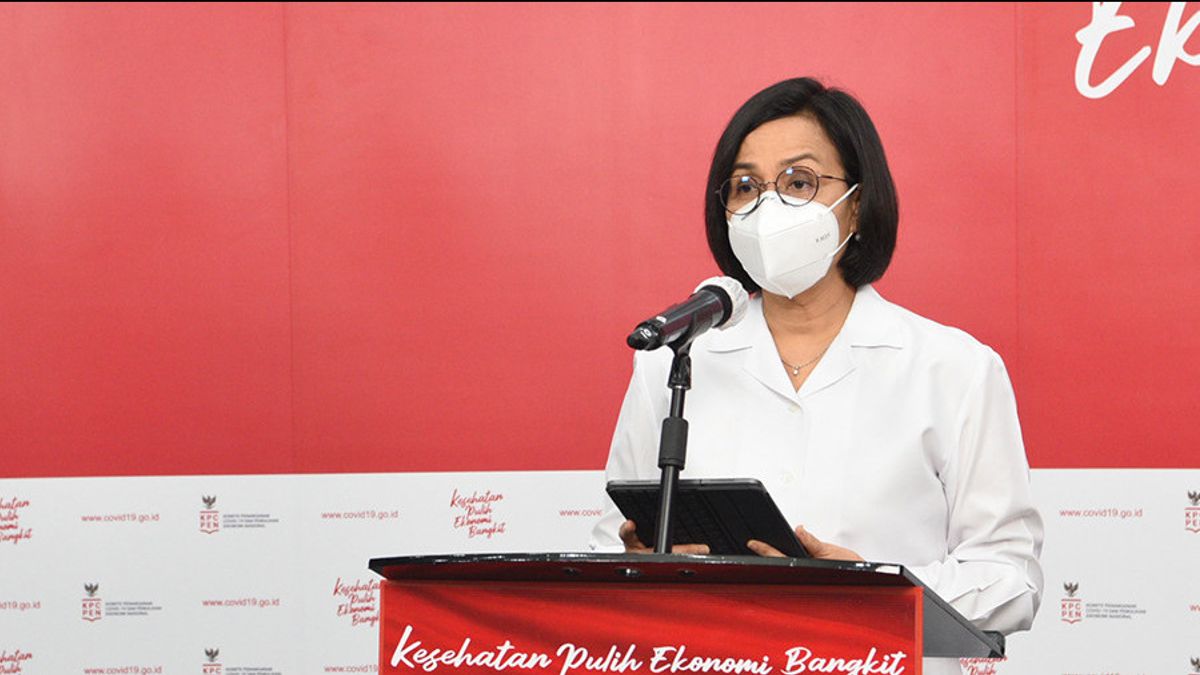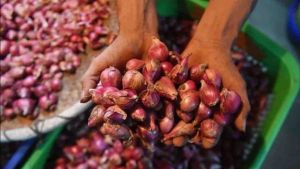JAKARTA - Minister of Finance (Menkeu) Sri Mulyani Indrawati said that next year's cigarette excise rates will increase by 12.5 percent which is enforced in accordance with President Joko Widodo's vision and mission to emphasize advanced human resources (HR) and superior Indonesia.
"We will increase cigarette excise by 12.5 percent. This policy is our commitment to continue to strive to balance various aspects of tobacco excise (CHT)," Sri Mulyani was quoted as saying from Antara, Thursday, December 10.
The minister specified that for industries that produce machine white cigarettes (SPM) class I rose 18.4 percent, machine type II A white cigarettes rose 16.5 percent, and machine white cigarettes II B rose 18.1 percent. Then for machine kretek (SKM) class I rose 16.9 percent, machine kretek II A rose 13.8 percent, and machine kretek II B rose 15.4 percent.
Meanwhile, said Sri Mulyani, for the hand-rolled kretek cigarette industry, the excise tariff has not changed or has not been raised, which means that the increase is zero percent because it has the largest labor force.
"With this composition, the average increase in excise rates is 12.5 percent," he said.
Minister of Finance said the government did not carry out class simplification because the strategy implemented was to reduce the tariff gap between SKM class II A and SKM class II B as well as SPM group II A and SPM group II B.
"So even though we didn't drastically simplify or combine groups, we are giving a signal to the industry that the tariff gap between II A and II B for SKM and SPM is getting smaller or closer to the tariff," he explained.
Sri Mulyani said that the official price or retail selling price in the market is in accordance with the increase in the tariff of each group.
He explained that these various policies were carried out in order to control the consumption of tobacco products because in the RPJMN, smoking preferences, especially those aged 10 to 18 years, are targeted to decrease by 8.7 percent by 2024.
"The increase in CHT will cause cigarettes to be more expensive or the affordability index will increase from 12.2 percent to between 13.7 and 14 percent, so that they will not be bought," he said.
Not only that, the policy was also carried out in order to protect 158,552 workers in direct cigarette factories, especially those concentrated in the hand-rolled kretek cigarette industry.
In addition, the government also helps to protect the tobacco-producing farmers, with a total of 526,389 families or the equivalent of 2.6 million people who depend on tobacco farming.
"The magnitude of the increase in excise rates takes into account the level of tobacco absorption from local farmers. Thus, 526 thousand heads of families who depend on tobacco farming can not be threatened by the increase in CHT," he said.
The government also considers the industrial aspect, namely that the policy for MSMEs will be given partiality through the allocation of revenue-sharing funds (DBH) CHT, especially for the establishment of the KIHT tobacco product industrial area which aims to provide a location for MSMEs as well as supervise the circulation of illegal cigarettes.
"If the price of cigarettes and CHT is higher, it will provide incentives for the public to produce illegal cigarettes, namely cigarettes that are produced and circulated illegally without paying excise. The higher the excise, the higher the incentive to commit illegal acts," he explained.
The English, Chinese, Japanese, Arabic, and French versions are automatically generated by the AI. So there may still be inaccuracies in translating, please always see Indonesian as our main language. (system supported by DigitalSiber.id)













